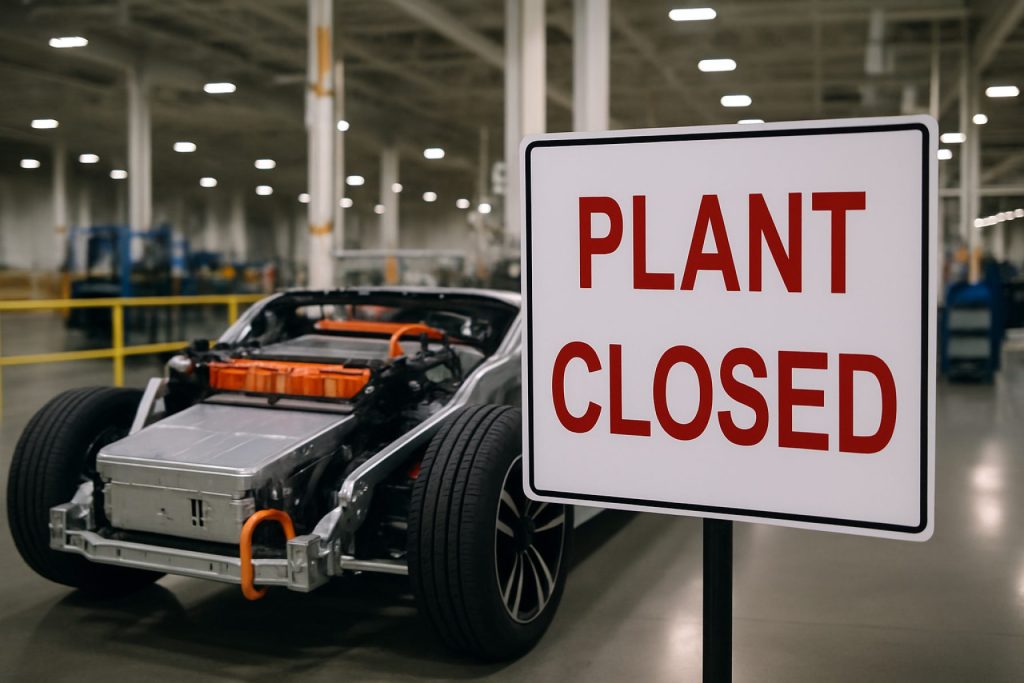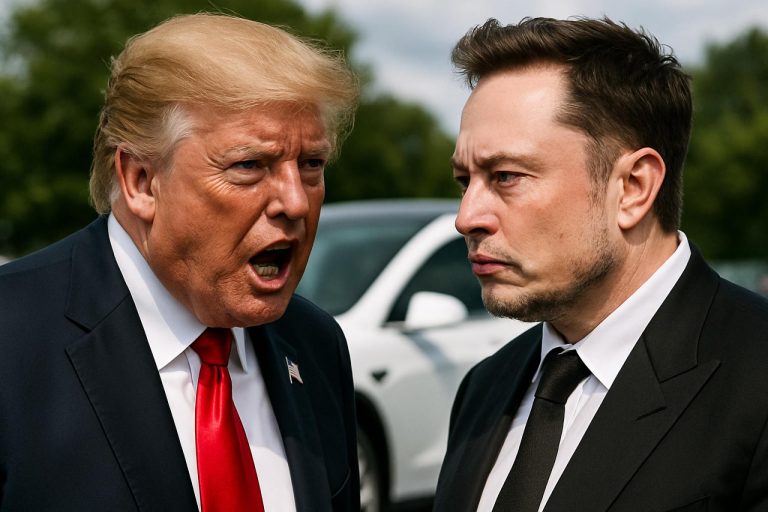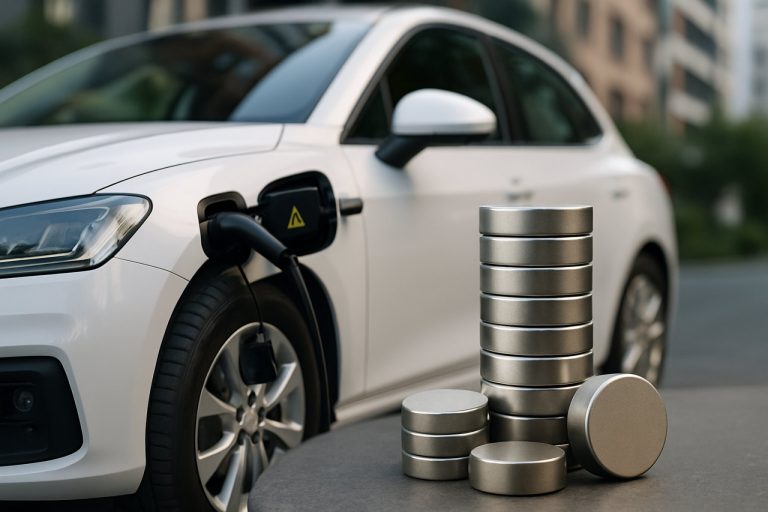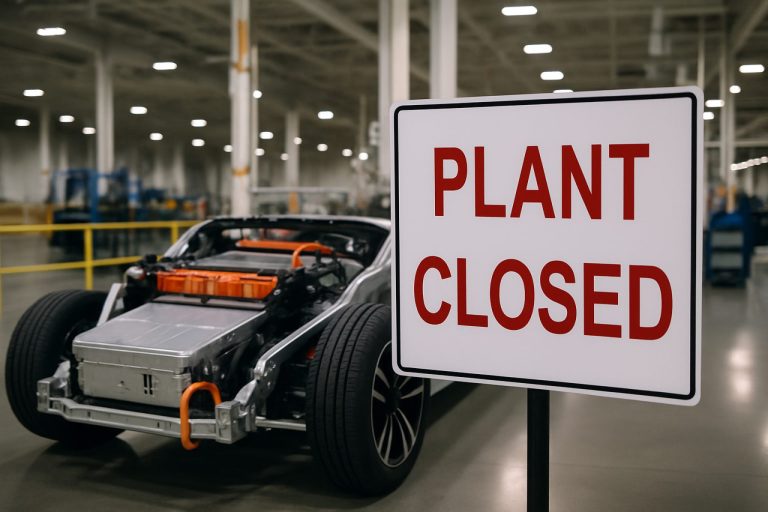
South Carolina’s $1.6 Billion EV Battery Mega-Factory Hits “Pause”—Is the Future of U.S. Electric Car Manufacturing at Risk?
AESC suspends construction on its new South Carolina battery plant, pausing $1.6B investment and 1,600 jobs amid market uncertainty.
- $1.6 billion: Total planned investment in Florence, SC facility
- 1,600 jobs: Expected to be created when construction resumes
- $1 billion: Already invested before the pause
- Supplier connection: The plant will support BMW’s massive Spartanburg manufacturing site
A wave of uncertainty has struck the electric vehicle (EV) industry in the Southeast. Electric vehicle battery giant AESC has abruptly suspended construction on its enormous new factory in Florence County, South Carolina—a project that promised to turbocharge the state’s clean energy push and supply next-generation batteries to the nearby BMW plant in Spartanburg. The $1.6 billion development, billed as a cornerstone for U.S. electric car ambitions, now sits quiet as the company cites “policy and market uncertainty.”
The surprise move sends ripples through South Carolina’s economy and the wider U.S. auto sector. With over $1 billion already poured into the facility, and thousands of jobs hanging in the balance, the pause underscores just how vulnerable even the most robust EV projects can be in today’s shifting political and economic environment.
Why Did AESC Hit the Brakes in South Carolina?
Industry analysts note that government incentives and domestic demand are crucial to the survival of new battery facilities. In recent months, uncertainty over federal EV incentives and a volatile global battery market have caused similar disruptions across the U.S.—forcing even major players like AESC to halt progress temporarily.
AESC confirmed it remains fully committed to the South Carolina plant and intends to resume construction when market and policy environments stabilize. However, no clear timetable has been set, leaving community leaders and future employees anxious.
How Will This Impact Local Jobs and the Economy?
The Florence County facility was poised to create 1,600 new local jobs and inject fresh energy into South Carolina’s growing tech corridor. The plant’s production lines would have supplied advanced battery cells for BMW, supporting one of the largest car manufacturing sites in the country.
State officials had hailed the arrival of AESC as a game-changer. Now, local economies must wait and hope for clarity.
What Should Workers and Suppliers Do Next?
South Carolinians and aspiring EV industry workers aren’t powerless. Here’s what to do:
- Stay tuned to updates from AESC and South Carolina’s Department of Commerce
- Explore upskilling opportunities and training programs with state workforce agencies
- Monitor developments via reputable news sources like New York Times and Reuters
- Contact local job centers for placement or retraining assistance
Can the U.S. Overcome Policy Wobble and Win the Electric Car Race?
The AESC pause is just the latest sign of how vital steady government policies are for maintaining America’s momentum in electric vehicles. Experts agree that unlocking private investment and job growth will require dependable support and clearer rules at all levels of government.
Don’t let the latest pause stall your plans:
- Track official company announcements for changes
- Seek training in high-demand manufacturing skills
- Keep your resume updated and connect with local industry groups
- Advocate for balanced, long-term EV policy at the state and federal levels
Stay informed—and stay ready. The electric vehicle revolution in South Carolina is only on pause, not yet at a stop.



